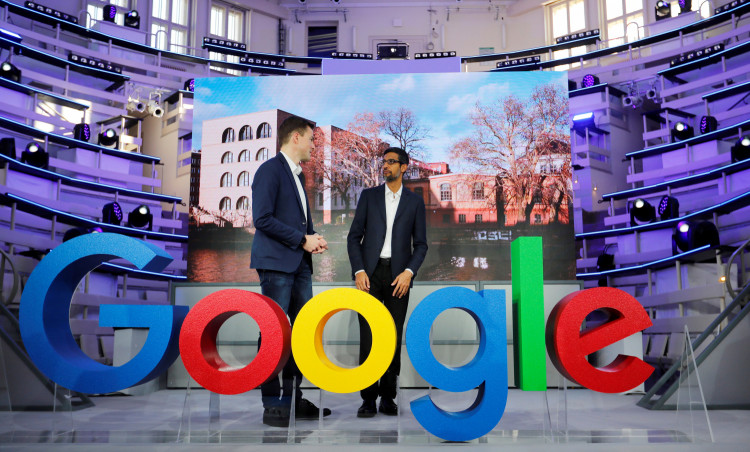Google urged the European Parliament on Monday to resist any plan to approve the overhaul of its online copyright law since it might hurt the continent for the coming decades. The European lawmakers are scheduled to cast their votes next week over legislation that aims to adapt its copyright to the digital age. The proposed legislation made a scandalous lobbying war in Brussels.
Tech companies, artistic creators and the member states of the European Union have been an argument for over three years as they discuss the proposed reforms. This month, Google was found making efforts to influence members of the European Parliament against passing the law this month.
One of the biggest concerns Google have is the proposed provision that the company needs to automatically filter the illegal contents of YouTube and other platforms or they face a massive liability. According to the blog of Kent Walker, Google's senior vice president of global affairs, this aspect of the reform "creates vague, untested requirements" that would lead to the websites "over-blocking content" despite certain benefits. He added that the unintended consequences might hurt Europe's creative economy for decades to come.
Another argued provision is the creation of the "neighboring rights" for media publishers. The opposition of the new law criticized it as a form of a link tax imposed on them. The news organizations in Europe, like the AFP, support the new provision. News networks claim that giants like Facebook and Google get revenues from advertising that are tied to news stories while the publishers of the news are suffering.
Walker, however, claims that the planned reform hurts small and emerging publishers, and limits consumer access to a diversity of news sources. He also warned that under the directive, showing anything beyond mere facts, hyperlinks and individual words and very short extracts would be restricted. Spectators now believe that the outcome of the Vote in the Parliament is highly uncertain.
Recently, Facebook's COO Sheryl Sandberg warned the European Union and Canada that they will move out their investments away from them if their demands were not met. The COO told government officials from the union and Canada that Facebook needs reassurance or they will consider other options for investment and growth. The COO said that they need assurance from the Canadian government that the existence of a proposed data center in the country will not be used by the country to extend its legal jurisdiction over non-Canadian data gathered by Facebook.





